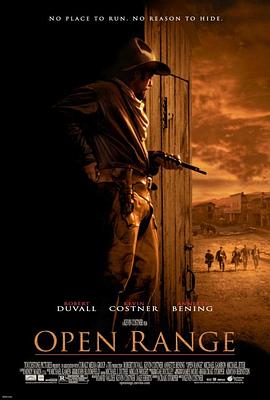
故事发生在1882年的美国西部平原,在那片广阔的土地上,生活着名为“拓荒者”的人们,他们自由的选择土地,辛勤劳作,放牧牛羊,安居乐业,查理(凯文·科斯特纳 Kevin Costner 饰)、苏(安妮特·贝宁 Annette Bening 饰)、莫斯(亚布拉哈姆·本鲁比 Abraham Benrubi 饰)和斯皮尔曼(罗伯特·杜瓦尔 Robert Duvall 饰)正是其中的成员。
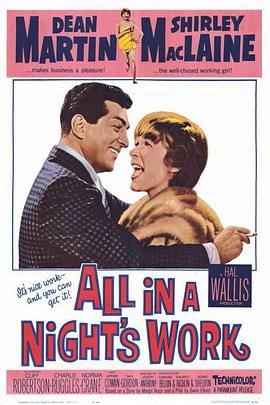
杂志的出版人莱德在度假中意外死亡。他的侄子托尼接管继承了杂志社。目前,该杂志正计划扩大,他们需要一些资金。托尼试图通过他的朋友,安排贷款。他随后被酒店宾馆的侦探怀疑,他的叔叔去世有关。一个女人,只穿着一条毛巾,来到了他的房间,逃跑前的侦探能不能跟她赶上。他们怀疑是上校与她害死了叔叔,因为当他死的时候她在微笑。托尼和他的两个叔叔的心腹都担心,不是只有在银行就听说这个,他们不会得到贷款,该杂志健康的形象也会受到...

电视剧《孤国春秋》的续作,根据原著小说最后三部改编。主人公乌特雷德将辅佐埃塞尔斯坦登上王位并统一英格兰。
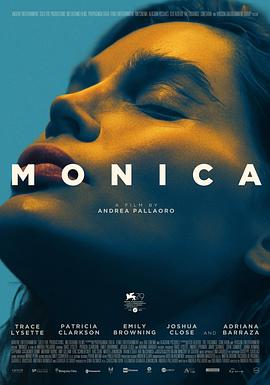
影片剧本仍由帕劳洛与老搭档奥兰多·提拉多共同撰写,讲述一位变性女性(莱赛特饰)回到美国中西部,去照顾她垂死的母亲(克拉克森饰)。这个有关破碎家庭的故事,将对遗弃、老龄化、承诺和救赎等主题展开讨论。影片预计于今年底开机。
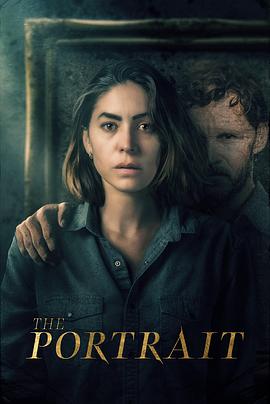
After her husband is devastated by a tragic accident, a devoted wife obsesses over a mysterious portrait that resembles him as he was; but when it starts to terrorize her, she must decide if it's possessed or if she's losing her mind.
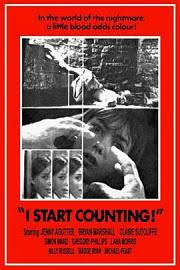
The story appears simple on the surface, but is revealed, especially after multiple viewings, as more multi-layered and textured than Cassavetes at his best. Ostensibly it concerns a 14-year old Catholic girl, Wynne (Agutter) growing up in this post-modern wasteland, who develops a crush on her much older adoptive brother (Marshall)- a crush which perversely deepens and grows into infatuation once she starts to believe he is the local sex killer. This is in itself an idea that makes you sit up and jolt, but as the narrative develops, it continues not necessarily along a linear path but in several confusing and fascinating directions: the family's history, (detailed effectively in chilling flashback during an improvised seance) is a chequered one, and has suffered at least one major relocation and upheaval in the last ten years. At the crux, however, it's the depiction of socialal changes that make I Start Counting so fascinating and elevate its language far beyond the confines of the standard horror film. The major subtext- that teenage girls were maturing more quickly than before, and developing full sexual and romantic appetites (even if in thought rather than deed) but were not possessed of enough discretion to make the right choices- was a step forward for a genre in which its young females had previously been portrayed as bimbo victims (Cover Girl Killer and The Night Caller spring to mind), but not one that all viewers would necessarily agree with. But most striking of all, and possibly the most enduring image which the viewer will take away with them, is of the masterful symbolism with which director Greene invests every shot. Every inch of the Kinch family's world- their house, their walls, their TV, Agutters underwear, bedroom furniture and toys, Sutcliffe's clothes, Marshalls van, the local Catholic church, their town centre, their record shop) - is painted a bright, scintillating white- a white which, by inference, is slowly becoming smudged and corrupted with the dirt of the outside world. White also symbolises, of course, purity and innocence (two qualities Catholic schoolgirls are supposed to hold dear), and it is into this world of innocence that the ever-present red bus (a symbol of violation and penetration), conducted by the lecherous yet similarly juvenile Simon Ward, makes regular journeys. The allegory is further expanded in one scene where Agutter believes she sees the Christ figure in church weeping blood: by the time we acknowledge it, its gone, but the seed has already been planted. Rarely in a genre production has the use of colour and background been so important or effective in creating a uniformity of mood. I Start Counting is as near-perfect an end to a decade as one could hope for, and exactly the kind of film people should be making now- which is, of course, exactly why they never will. A genre essential. by D.R.